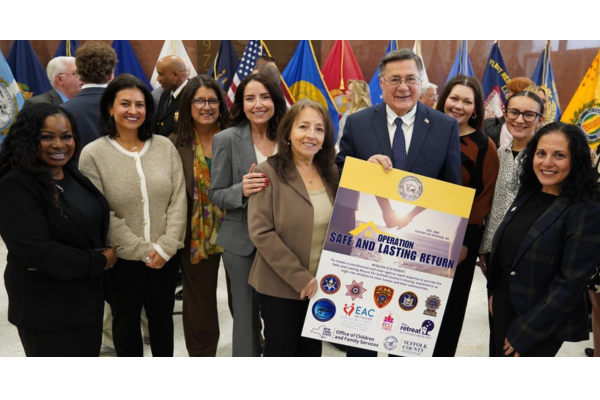By Kylie Frost, Project Coordinator, Enough is Enough

The many myths and misconceptions surrounding sexual violence have a significant impact on survivors and work against the prevention of sexual violence.
Too often these myths are rooted in victim-blaming. Victim blaming attitudes take the responsibility of violence off of perpetrators and place it onto the survivors. By engaging in victim-blaming, perpetrators are never held accountable for their actions. In a society where victim-blaming is a norm, the attitudes and behaviors that lead to such violence are never addressed allowing sexual violence to continue.
These myths and misconceptions have a considerable influence on how friends, family, medical services, social services, and law enforcement respond to survivors, and therefore, impact the quality of support survivors receive. Survivors of sexual violence can already experience guilt and shame following their experience. If they come forward and are met by victim-blaming responses from the people in their lives, they are less likely to share their stories and seek the help they need. By deconstructing these myths, we enable survivors to better access support and healing.
Let’s break down a few of the most common myths and misconceptions:
Myth: Women “cry” rape to get back at a man or because they regret having sex with someone.
Fact: False reports are extremely rare. Research has found the rate of false reports to be as low as between 2% and 10%. The way society tends to treat survivors with scrutiny and doubt, it is unlikely someone would put themselves in that position and come forward if it were not true.
Myth: Men can’t experience sexual violence.
Fact: Men can and do experience all forms of sexual violence. One in ten men has experienced sexual violence during their lifetime. Anyone can experience sexual violence; people of all genders, ethnicities, sexualities, ages, and socioeconomic statuses are assaulted.
Myth: Rape can be avoided if you stay out of dark alleys, don’t walk home alone, don’t wear revealing clothing, don’t drink a lot, etc.
Fact: Rape is a crime that happens because someone decides to exercise power and control over another person. No one asks or deserves to be raped. The way a person dresses, where they chose to walk, and how much they have to drink is not an invitation to unwanted sexual activity. In fact, most assaults, 90%, are committed by someone the survivor knows and 55% of assaults occur at or near a person’s home. Sexual violence can happen anywhere, at any time, to anyone. While dangerous places such as dark alleys should be avoided, this does not necessarily protect someone from sexual violence.
Myth: A person who is assaulted will fight back, have physical injuries, be hysterical, and report to the police.
Fact: Sexual violence is a traumatic event. People respond in a plethora of ways to traumatic events as part of their innate biological response to trauma. Some may fight back, but many experience tonic immobility or “freeze” meaning they’re unable to speak or move. We have no control over how we will respond when faced with a traumatic event. Also, reactions and processing of this experience will look different for every person. There is no “right way” to act after an assault. This is why many do not report to the police. It can be very traumatic to retell their story over and over again through the reporting process. Others may not make a report due to fear of retaliation from the perpetrator, fear of not being believed, shame, guilt, embarrassment, not wanting to self-identify as a victim, language barriers, or mistrust of the legal system. In fact, reporting to the police is the exception not the norm with only about 30% of assaults reported to the police. Just because someone chooses not to report to the police doesn’t mean their assault didn’t happen.
Myth: Sexual assault is about lust and passion and cannot be controlled.
Fact: Sexual violence is about power and control, and is not motivated by sexual gratification. People are able to control themselves when they choose to do so. If a person chooses to act violently against another person, they must be held accountable.
It’s important for us all to be informed about the facts of sexual violence so we can properly support survivors and work to unlearn the attitudes and behaviors that enable violence to continue. If you want to learn more about the realities of sexual violence visit The Retreat’s education pages to see what workshops and programming are available.
Sources:
https://www.denimdayinfo.org/common-misconceptions
https://www.cdc.gov/violenceprevention/intimatepartnerviolence
